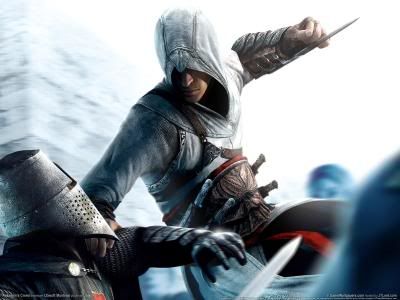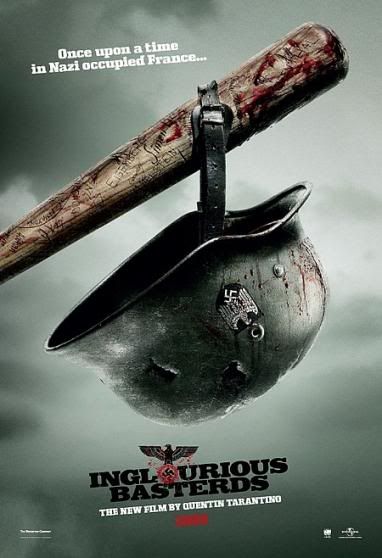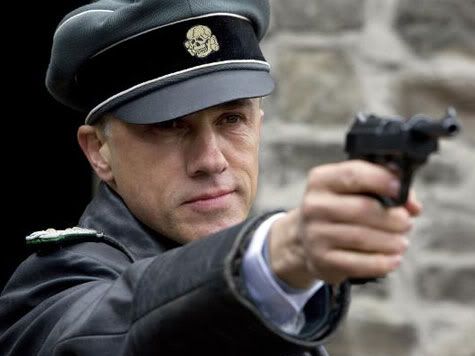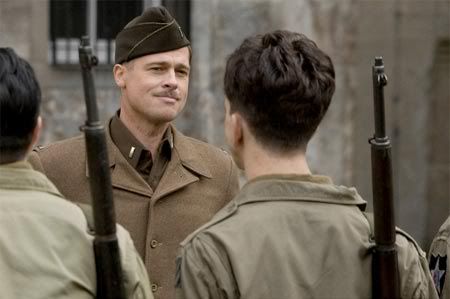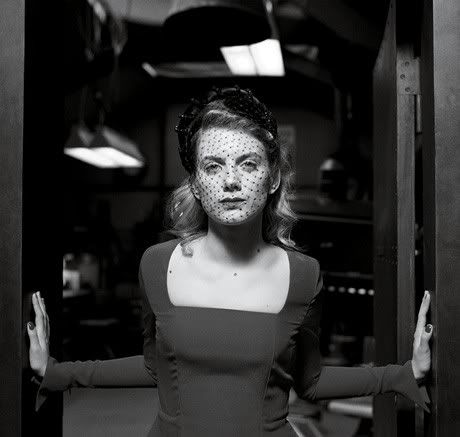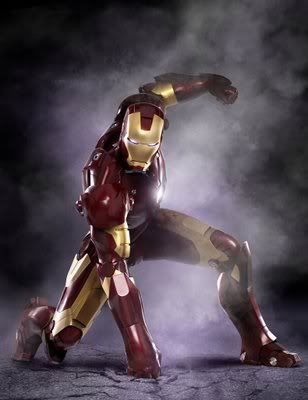
So I don’t know about you folks out there in the dark depths of the Interwebs, but I’m very excited about Iron Man 2 coming out in May. We’re thankfully living in a time when comic book adaptation films have emerged from the dark miasma of the previous attempts at Captain America and Spawn. But even with the mold-breaking excellence of X-Men and Spider-Man 2, Iron Man stands out. Like most stories for which I unabashedly sing praises, the Iron Man film wisely focuses on the characters and their relationships to one another rather than just wowing the audience with spectacle. Now, there’s plenty of spectacle to be had in Iron Man between the different suits of armor, the shiny supercars, the fighter jets and Gwenyth Paltrow in that fantastic dress. But it never exists for its own sake, and besides being damn cool to look at it has meaning because we care about the people involved. So let’s take a look at these characters and see where and how they worked, other than the fact that their actors improved their way through the entire story, according to this dude.
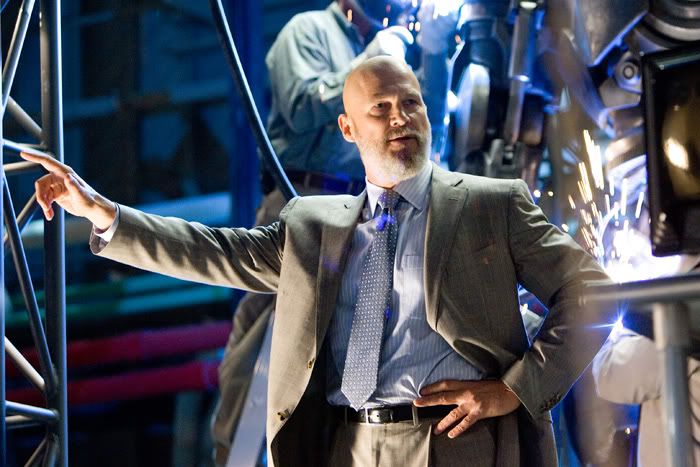
Speaking of the Dude, here the Oscar-winner is the bad guy. The nefariousness really doesn’t come into play until the second act, and up until that point he comes across as the number two guy in the multi-billion arms manufacturing company that really, really wishes he was number one. He worked with Tony’s dad, after all, and while the kid was working his way through MIT and impressing everybody with his genius, charm and good looks, Obie was doing the hard work of keeping the arms race going. Now that Tony’s come into his own and brought out a bunch of new ideas, Obie’s in danger of losing the position he’s built for himself. Under his various demeanors, this is a scared man. He’s afraid of becoming obsolete and forgotten. His motivations are less about taking over the world and more about the American dream of keeping the world safe from terror and violence by bringing terror and violence to those who perpetuate terror and violence. …wait…
Bridges plays Stane with equal parts flourish and humanity, being just one example of how the actors in Iron Man inhabit their characters. Given the apparent nature of the film’s script, the infamous ranting scene’s silence between his lines takes on a new dimension – did the other actors not see the shouting coming?
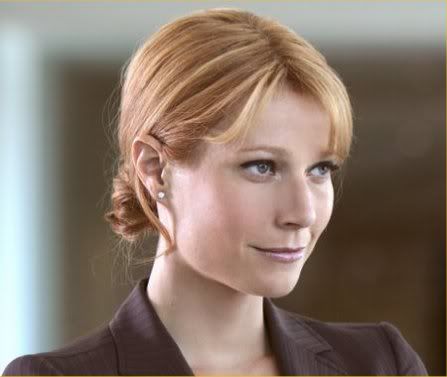
Tony Stark’s Girl Friday is a spicy and smart administrative assistant named Virginia “Pepper” Potts. The role of the girl in this sort of story could often have the beautiful actress du jour running around in skimpy outfits getting chased by a malevolent blob of CGI screaming to beat the band. Pepper, much to my delight, isn’t that kind of girl. She’s the kind of girl who’s willing to tell the hero when they’re being selfish or dumb, but does so out of a sense of compassion rather than for the sake of being ‘spunky.’ Gwyneth Paltrow’s Pepper has depth and nuance, and works not only as a perfect foil for Tony Stark’s various eccentricities but also as a standalone woman that neither becomes a shrinking violet in the light of the hero nor puts on war paint and hefts a big gun.
The crowning moment for her comes about two thirds of the way through the film where she takes it upon herself, albeit at Tony’s behest, to find out what Obediah’s up to. The entire sequence of events from Pepper entering the office to meeting up with the SHIELD agent after a confrontation with Stane is pitch-perfect. By “confrontation”, incidentally, I don’t mean there’s any sort of major over-dramatic standoff. The scene between Bridges and Paltrow is played quietly, diplomatically and with an air of palpable menace that both actors tie into effortlessly. More than just two characters sharing dialog, this is two arguable masters of their craft milking this scene for all of its dramatic worth without ever taking things over the top. It’s one of the many things that make Iron Man shine without a single special effect being involved.
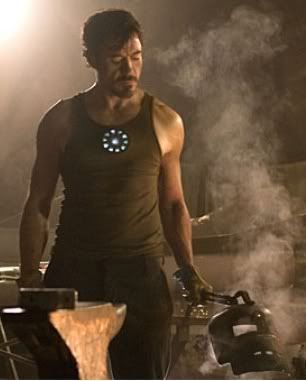
Just like writers write what they know for the best results, sometimes you can cast an actor into a role they’ve already played in real life. Our hero is a flamboyant, decadent playboy who indulges in drinking, gambling and womanizing backed up by a substantial fortune and atypical celebrity status. He discovers that what he has been doing has been detrimental for others and resolves to make things better, even if it means continuing to do what he did before but in a slightly different but no less brilliant way.
I could be talking about Tony Stark, but I also could be talking about Robert Downey Jr..
Not only is RDJ perfect for this role, he plays it with both a deep understanding of the inner workings of a gearhead and the rambunctious abandon of a kid let loose on a playground. Tony Stark is a guy who fixes things. Even if it means tearing down something that’s broken only to rebuild it better than it was before, he’s a problem-solver with both his brain and his hands. More than that, however, he’s just a guy. He’s not bitten by a radioactive spider or an alien from another world, and he’s not even the product of a tragic past who dedicated his life to fighting evil while dressed up in a swishy cape. Downey shows us the humanity of the man inside the armor, and later in the film when he re-dons his tuxedo to attend a party, there’s a sense (at least for me) that he’s wearing it the same way he wears the Iron Man suit – it protects him from people around him getting to who he really is. While Tony learns a lot, and grows as a character from start to finish, there’s a foundation to his character – the narcissism and arrogance, the belief that he and he alone is the solution to the problems that arise – that never goes away and is apparently intact for the upcoming sequel.
So why does Iron Man work? It’s more than the suit, the special effects and the diehard fans. It’s these folks, along with director Jon Favreau, that catapulted this little movie from just another decent comic book flick to a memorable and fantastic film.
My copy’s loaned out to a friend, which is a shame, because after writing this up, I really want to watch it again.

